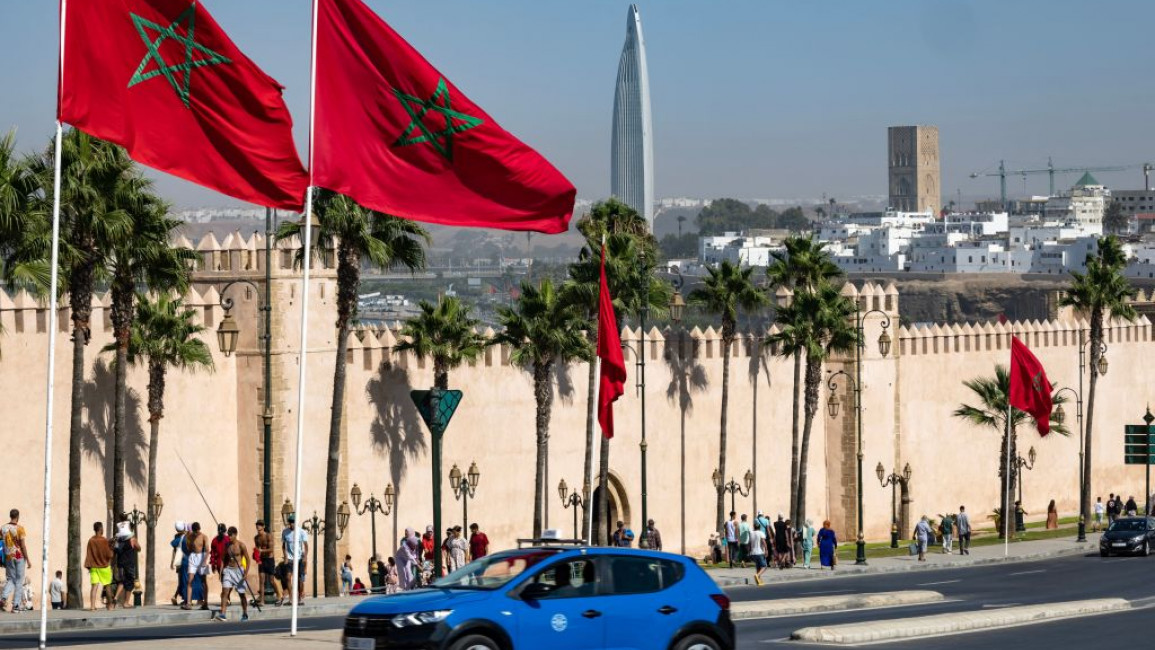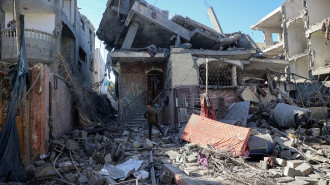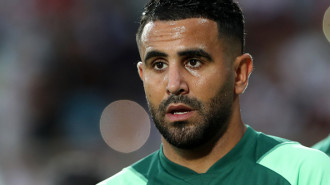Morocco: hotels lift ban on unmarried couples and solo local women, Islamists object
In Morocco, hotels are finally ending a ban on unmarried couples and solo local women. Yet, not everyone in the country is a fan of the shift.
"The police contacted us on Saturday, 25 May, and informed us that marriage contracts are no longer required for unmarried couples," a source from a five-star hotel in Rabat told The New Arab.
Several sources, including hotels in various cities in Morocco, have confirmed being contacted and informed of the following two points: marriage contracts should not be required from couples, and solo women are allowed to stay at hotels in their city of residence.
Single Moroccan women were previously not allowed to stay at hotels in their own cities, too.
These restrictions have existed for decades, based not on law but on what seemed like an urban myth. Some hoteliers say they were only verbal instructions, but if ignored, the hotels would face severe consequences, such as having their authorisation revoked.
The police control of public places such as hotels, restaurants, cinemas, and theatres is usually supervised by the intelligence services, under the regional police prefectures.
"The ban is based on an administrative note that circulated in the distant past," according to Moroccan Justice Minister Abdellatif Ouahbi.
Ouahbi, a self-proclaimed progressive politician, has been at the forefront of ending this "discriminatory" measure that only affected Moroccan passport holders.
"Asking people for a marriage certificate is against the law. (...) Those who ask for this document at the hotel are breaking the law (...) and can face legal action," he said on 21 May in a parliamentary session.
A few days after his statement, hoteliers started receiving instructions from local authorities to lift the controversial ban, confirmed several sources.
The lifting of this informal ban comes at a time when the House of Counsellors has just summoned Minister of Justice Abdellatif Ouahbi to defend his decision, which has caused quite a stir in the North African country.
Islamist Opposition slams Minister for encouraging "fornication"
The end of the ban was not to the liking of everyone in the country, particularly among the Islamist opposition.
In a statement quoting its prominent figures, the Islamist Party of Justice and Development (PJD) accused the minister of "implicitly calling for the legalisation of fornicated relationships within tourism establishments."
"Requesting a marriage certificate as a condition for booking a shared room for a man and a woman in a hotel is a must in an Islamic country where the family is exclusively based on legitimate marriage," said Mohamed El Hilali, a member of the National Council of the Justice and Development Party (PJD).
The PJD member further argues that the ban was in place to prevent crimes such as "adultery, homosexuality, and abortion."
Since his appointment in 2021, Minister Ouahbi, head of the Authenticity and Modernity Party (PAM) (centre right), has been pushing for more progressive laws in the country, making one of his main missions decriminalising consensual relationships outside of wedlock.
Ouahbi is set to introduce a new reform of the penal code to Parliament this year. He also played a key role in reforming the country's new family code, which is still awaiting the Moroccan king's approval.







 Follow the Middle East's top stories in English at The New Arab on Google News
Follow the Middle East's top stories in English at The New Arab on Google News


